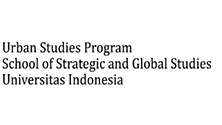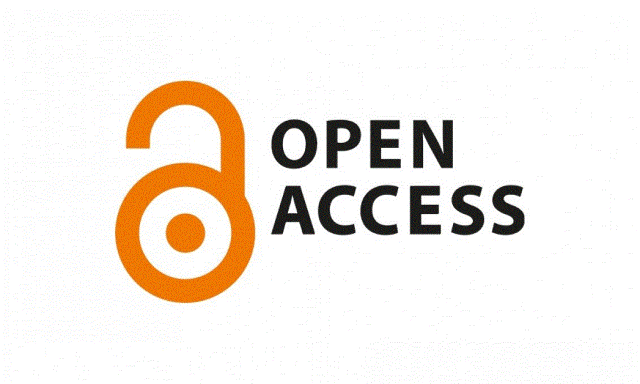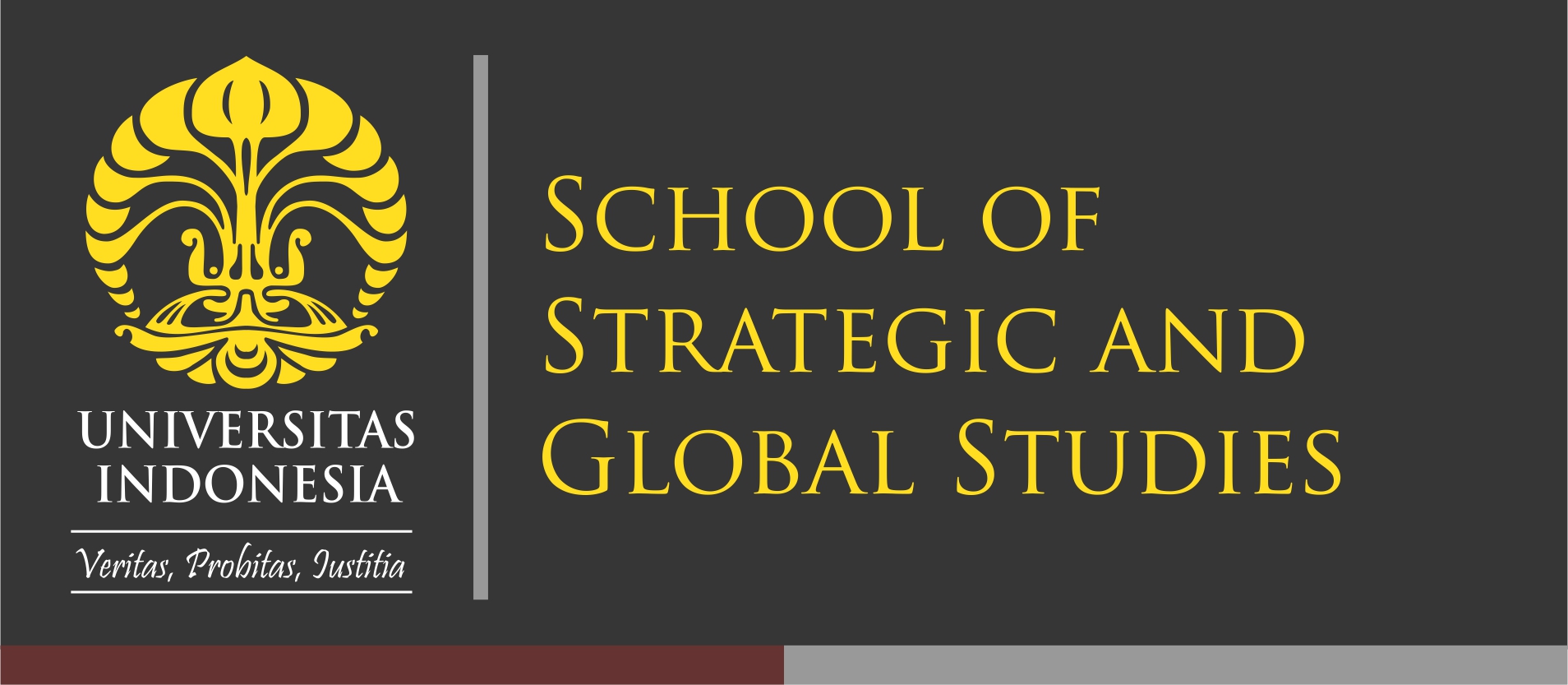Abstract
Background: The program issued by the Depok City Government about the Depok Prosperous Card (KDS) has one benefit, namely access to health for the poor in Depok City.
Aims: This study aims to determine the role of the KDS program in increasing access to health services in the poor community of Kampung Lio, Depok City.
Methods: In this study using the concept of Public Service to assess the role of public policy programs implemented by the government, it can be seen from seven important issues of public service, namely serve citizens not customers, seek the public interest, value citizens over entrepreneurship, think strategically, act democratically, recognize that accountability is not simple , serve rather than steer, value people, not just productivity. This study uses qualitative methods with interview and observation methods.
Results: Overall, KDS supports social stability by improving the welfare and quality of life of the people of Lio Depok Village, by reducing the level of stress caused by financial problems, and ensuring that all members of the community have equal access to health services. However, the implementation of KDS to achieve Universal Health Coverage (UHC) is not a goal, it is a process of realizing step by step where each individual must advance at various levels.
Conclusion: KDS which is the implementation of UHC refers to the health insurance function that allows all members of the community to have access, both physically and financially, to basic medical care with an adequate standard.
References
Denhardt, & Denhart, R. (2015). The New Public Service. New York: Routledge.
Hallalo H, A. (2018). Achieving universal health coverage through health financing reform: Ethiopian showcase. Health Economics and Outcome Research, 4(1), 1–5.
Nundoochan, A., Thorabally, Y., Monohur, S., & J, H. (2019). Impact of out of pocket payments on financial risk protection indicators in a setting with no user fees: The case of Mauritius. International Journal for Equity in Health, 18(1), 1–11.
Presiden RI. (2009). Undang-Undang Nomor 36 tahun 2009 Tentang Kesehatan.
Putri, N. E. (2014). Efektivitas Penerapan Jaminan Kesehatan Nasional Melalui BPJS dalam Pelayanan Kesehatan Masyarakat Miskin di Kota Padang. Jurnal Ilmiah Ilmu-Ilmu Sosial Budaya & Ekonomi, 10(2).
Suryati Tati. (2014). Asesmen Determinan Utilisasi, Akses Dan Kepuasan Konsumer Pelayanan Kesehatan, Khususnya Pada Masyarakat Miskin di Daerah Sulit, Terpencil Dan Daerah Miskin Perkotaan (Dalam Program Jaminan Kesehatan Masyarakat Miskin) (Laporan Penelitian). Puslitbang Sistem Dan Kebijakan Kesehatan.
Tesfaye, G. (2014). The Impact of Community Based Health Insurance in Health Service Utilization in Tigray: A Case of Kilte Awlaelo Woreda. College of Business and Economics.
Recommended Citation
Ramadhan, M. Luthfi and Hasbi, Umar Maulana
(2023)
"The Role of The Depok Sejahtera Card (KDS) in Increasing Access to Health Services in The Slum Area of Kampung Lio, Depok City,"
Cities and Urban Development Journal: Vol. 1:
No.
1, Article 9.
DOI: 10.7454/cudj.v1i1.1003
Available at:
https://scholarhub.ui.ac.id/cudj/vol1/iss1/9







